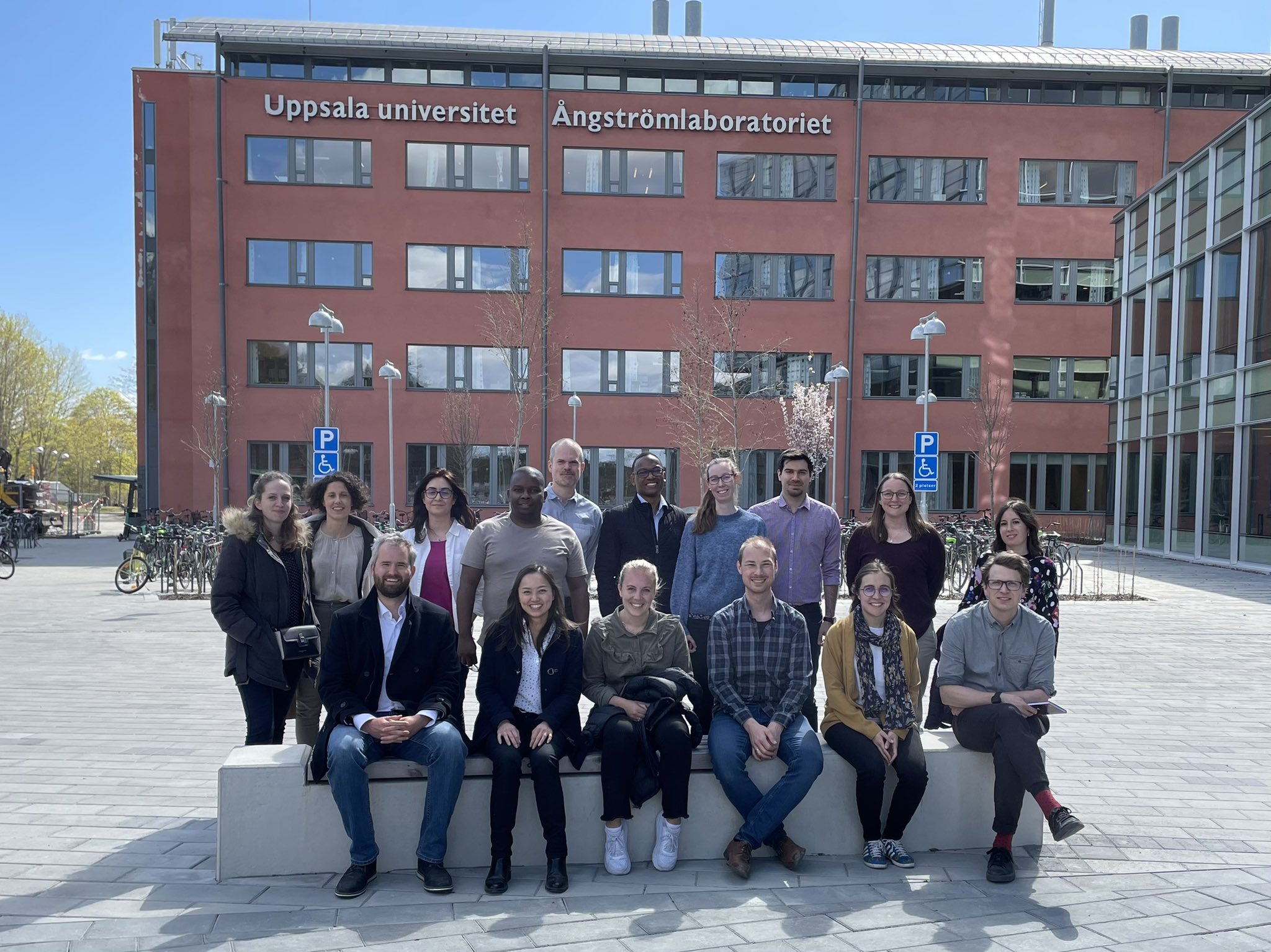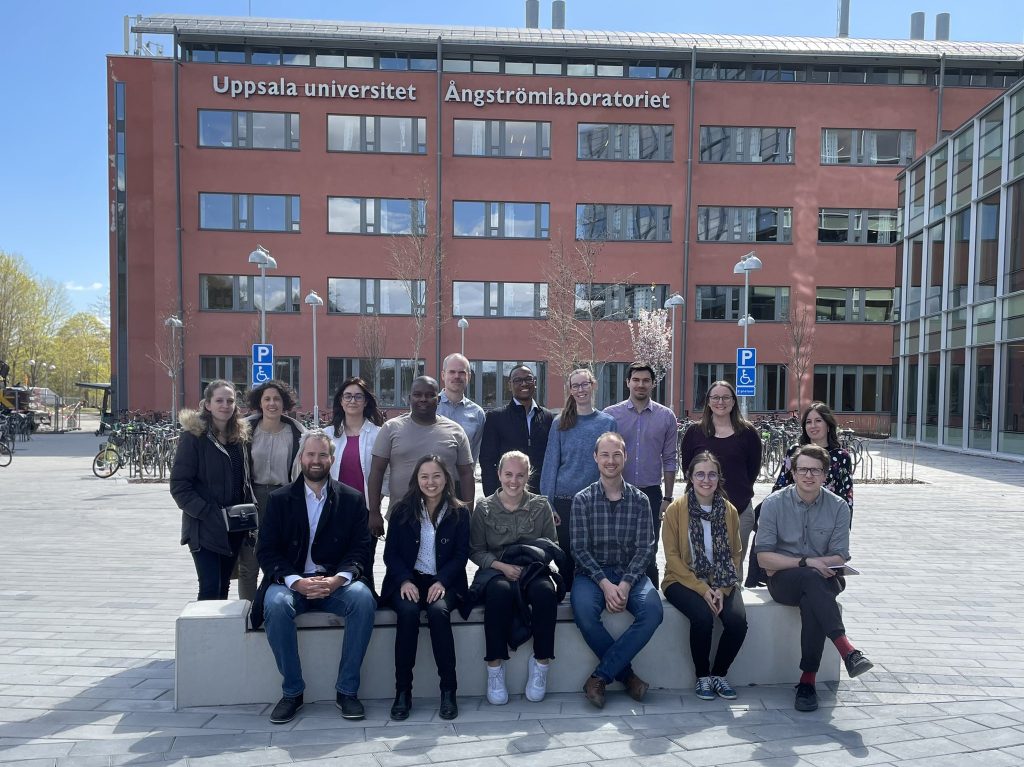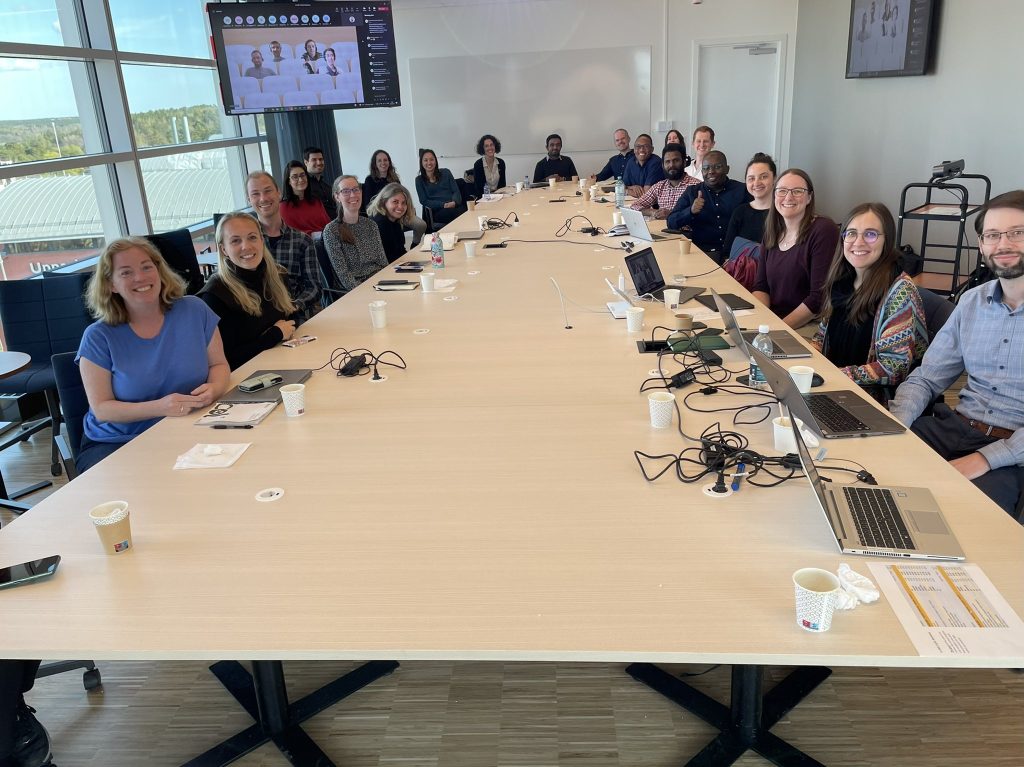Cobalt-free battery now in test phase: a major milestone for the COBRA project
In the first week of June, several COBRA partners came together in Catalonia to carry out the End-of-Line testing of two complete battery pack prototypes. This marked a major milestone for the project that is developing cobalt-free electric vehicle (EV) battery packs. From this baseline, subsequent generations (Gen1, Gen2, GenX) will be developed from treated recycled active materials to the full battery pack – with improved performance.
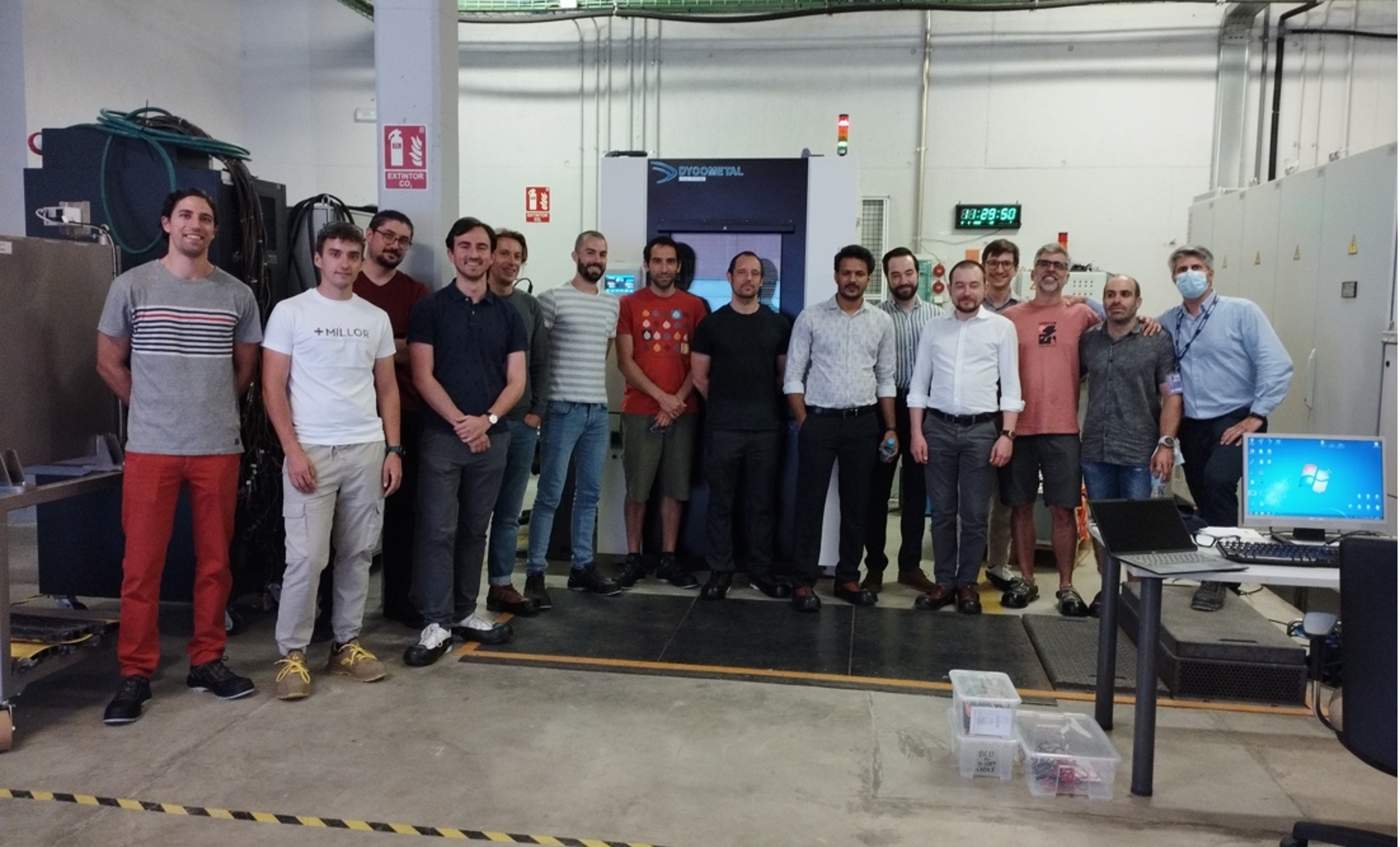
The battery commissioning
After Millor Battery had assembled the battery pack, preliminary calibration and testing were performed. Subsequent testing procedures were completed at the nearby Eurecat facilities. Overall, the performed tests included:
- IVT-S current sensor calibration
- Installation of the BCU
- Low voltage commissioning
- High voltage connection test
- BCU calibration
Firstly, at the Millor Batteries facilities, preliminary tests were performed to determine the battery pack’s proper functioning (e.g. BMS, connections, and sensors). Since one of the module’s MCUs reported a non-functioning cell, module-level testing was performed using multimeters. Once the alternative testing was completed, all the elements were performing correctly.
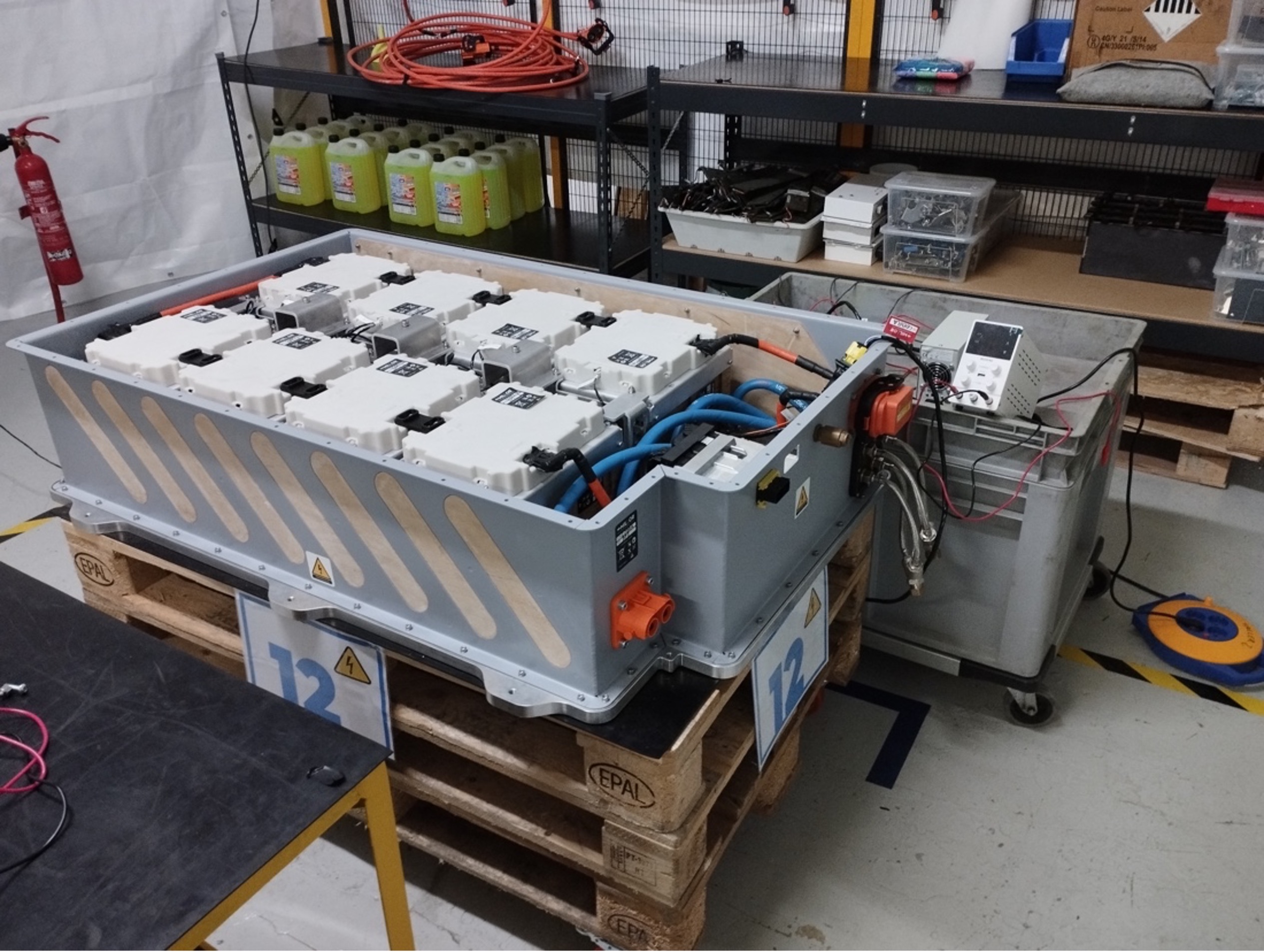
At Eurecat’s facilities, the batteries underwent several charge-discharge cycles, undergoing various levels of current and voltage. Measurements were as expected, and all the functionalities were operative during cycle testing. Now, both battery pack prototypes are considered ready to be shipped to Applus+ IDIADA and THI for extensive safety, performance, and lifetime testing.
If you’d like further details on the latest developments in COBRA, or want to reach out to one of the partners, contact cobra@baxcompany.com or visit our Twitter and LinkedIn channels.

